In the realm of agriculture, efficiency, precision, and productivity are paramount for success. Farmers and garden enthusiasts are constantly on the lookout for cutting-edge tools that can streamline their cultivation processes. Among these tools, the rotary cultivator has emerged as a game-changer, revolutionizing the way we carry out tilling and soil preparation. In this article, we will explore the engaging world of rotary cultivators and delve into the reasons why these machines are considered indispensable in the modern agricultural landscape. 1. Enhanced Efficiency: One of the most significant advantages of rotary cultivators is their ability to enhance efficiency in the cultivation process. Equipped with multiple rotating blades, these machines are capable of breaking up compacted soil, eliminating weeds, and aerating the earth within a fraction of the time it takes with traditional cultivation techniques. The powerful rotary action of these cultivators ensures that the soil is thoroughly tilled, leading to improved drainage and the facilitation of nutrient absorption by the plants, resulting in healthier crops.
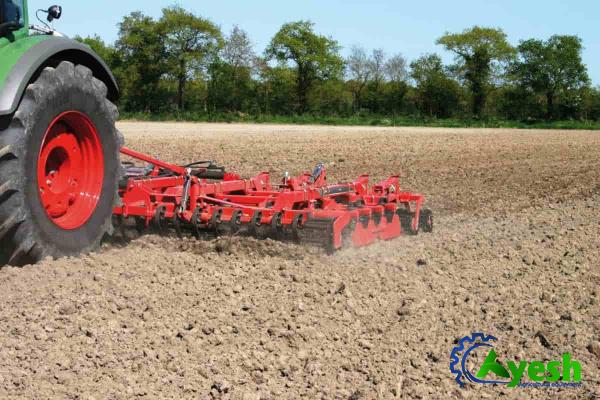
.
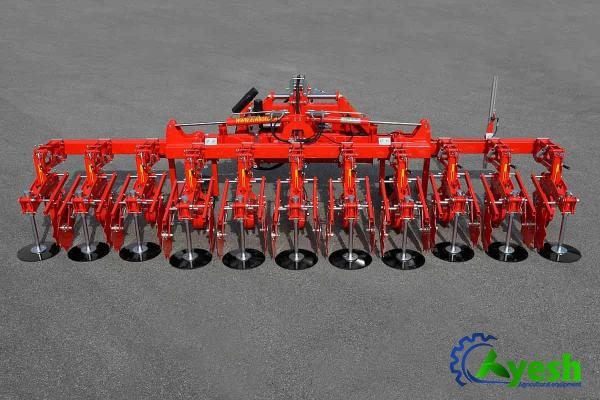 2. Versatility: Rotary cultivators prove to be highly versatile tools, suitable for a wide range of applications. From large-scale farms to smaller gardens, these cultivators can adapt to various soil types, terrains, and crop cultivation needs. They can be utilized for seedbed preparation, weed control, leveling uneven ground, and even mixing organic amendments into the soil. The versatility of rotary cultivators eliminates the need for multiple tools, saving both time and money for farmers and hobby gardeners alike. 3. Precision and Accuracy: Precision is crucial for farmers seeking optimal results in their crop yield. Rotary cultivators excel in providing accurate and consistent cultivation, thanks to their design and functionality. By providing a finely pulverized and leveled seedbed, these cultivators ensure uniform planting depth and seed-to-soil contact, thereby promoting even germination and successful crop establishment. Additionally, the adjustable depth control of rotary cultivators allows farmers to customize the tillage depth according to the specific needs of their crops.
2. Versatility: Rotary cultivators prove to be highly versatile tools, suitable for a wide range of applications. From large-scale farms to smaller gardens, these cultivators can adapt to various soil types, terrains, and crop cultivation needs. They can be utilized for seedbed preparation, weed control, leveling uneven ground, and even mixing organic amendments into the soil. The versatility of rotary cultivators eliminates the need for multiple tools, saving both time and money for farmers and hobby gardeners alike. 3. Precision and Accuracy: Precision is crucial for farmers seeking optimal results in their crop yield. Rotary cultivators excel in providing accurate and consistent cultivation, thanks to their design and functionality. By providing a finely pulverized and leveled seedbed, these cultivators ensure uniform planting depth and seed-to-soil contact, thereby promoting even germination and successful crop establishment. Additionally, the adjustable depth control of rotary cultivators allows farmers to customize the tillage depth according to the specific needs of their crops.
..
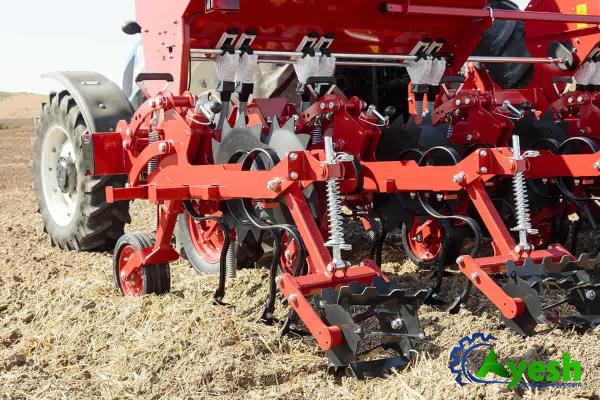 4. Cost-effectiveness: Investing in a rotary cultivator can yield long-term cost-effectiveness for farmers. By replacing manual labor and reducing the number of tools required for tilling and soil preparation, these machines significantly reduce the overall cultivation expenses. Moreover, the increased speed and efficiency provided by rotary cultivators result in savings in terms of fuel consumption, time, and labor costs, translating into enhanced profitability for farming operations. 5. Reduced Soil Compaction: Soil compaction poses a significant challenge for agriculture, as it hampers root development and restricts the movement of water, air, and nutrients within the soil profile. Rotary cultivators effectively combat soil compaction by thoroughly aerating the soil, which enhances root growth and nutrient uptake.
4. Cost-effectiveness: Investing in a rotary cultivator can yield long-term cost-effectiveness for farmers. By replacing manual labor and reducing the number of tools required for tilling and soil preparation, these machines significantly reduce the overall cultivation expenses. Moreover, the increased speed and efficiency provided by rotary cultivators result in savings in terms of fuel consumption, time, and labor costs, translating into enhanced profitability for farming operations. 5. Reduced Soil Compaction: Soil compaction poses a significant challenge for agriculture, as it hampers root development and restricts the movement of water, air, and nutrients within the soil profile. Rotary cultivators effectively combat soil compaction by thoroughly aerating the soil, which enhances root growth and nutrient uptake.
…
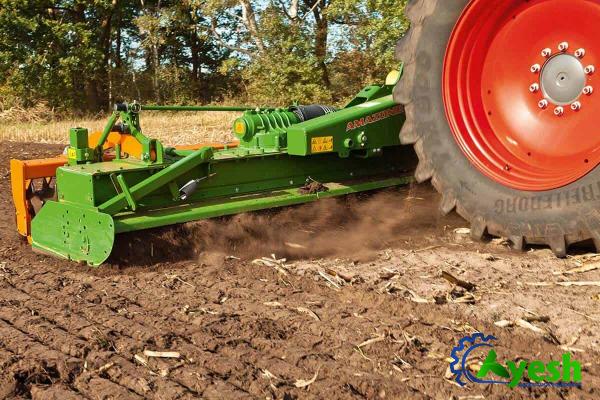 The rotating blades of the cultivators break up soil clumps, allowing for better water infiltration and prevent surface crusting, leading to improved overall soil health. Conclusion: The benefits of rotary cultivators in the field of agriculture are hard to overlook. From improved efficiency and versatility to enhanced precision and reduced soil compaction, these machines have revolutionized cultivation practices worldwide. Their user-friendly design and cost-effectiveness have made them an indispensable tool for farmers, enabling them to streamline their operations and increase their productivity. As the agricultural industry continues to evolve, rotary cultivators will undoubtedly play a vital role in meeting the ever-growing demand for sustainable and efficient cultivation techniques.
The rotating blades of the cultivators break up soil clumps, allowing for better water infiltration and prevent surface crusting, leading to improved overall soil health. Conclusion: The benefits of rotary cultivators in the field of agriculture are hard to overlook. From improved efficiency and versatility to enhanced precision and reduced soil compaction, these machines have revolutionized cultivation practices worldwide. Their user-friendly design and cost-effectiveness have made them an indispensable tool for farmers, enabling them to streamline their operations and increase their productivity. As the agricultural industry continues to evolve, rotary cultivators will undoubtedly play a vital role in meeting the ever-growing demand for sustainable and efficient cultivation techniques.
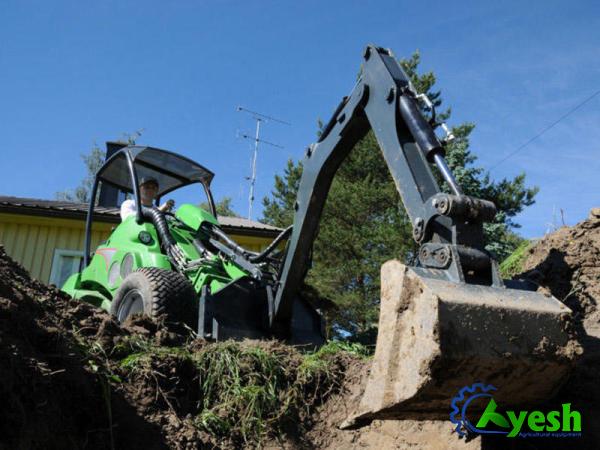

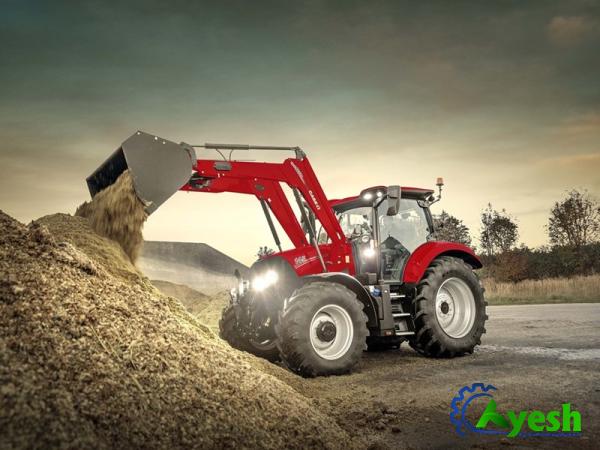

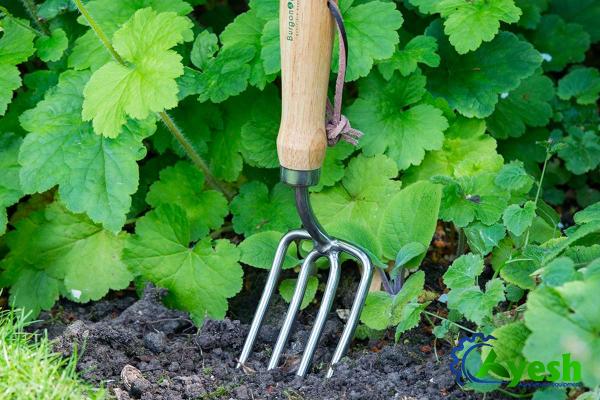

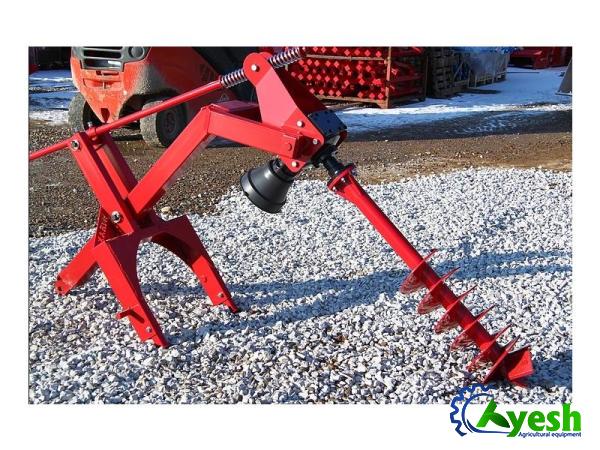
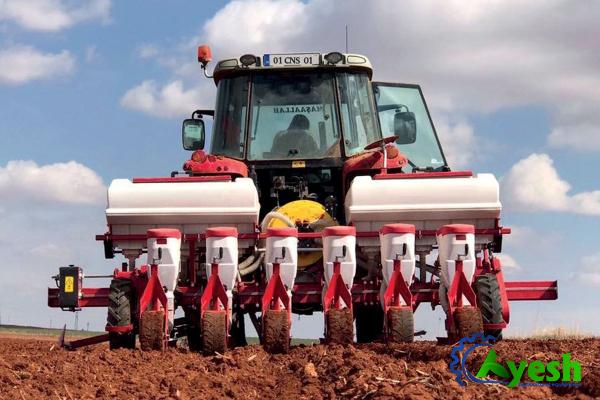


Your comment submitted.